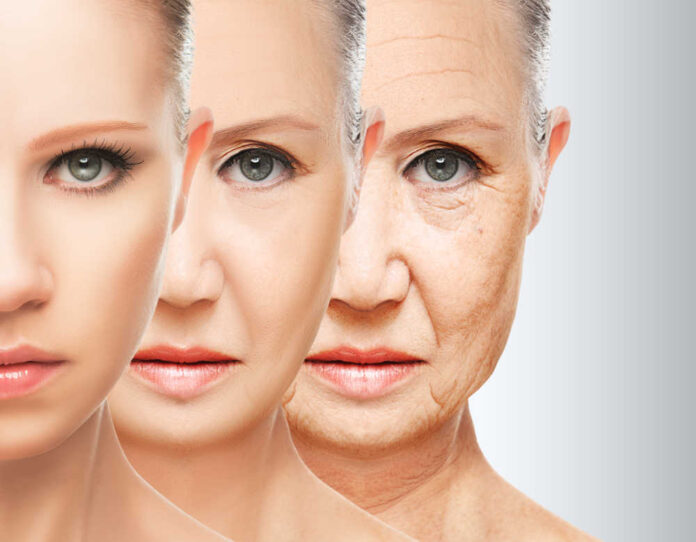
Getting older involves numerous changes throughout our bodies.
Although we all literally age at the same rate (one year older every year, of course), some people show typical signs of aging much sooner than others. Sometimes this may be a matter of genetics, but often there are lifestyle choices that can make us age prematurely—or help us stay healthy and vital well into our later years.
Here are a few signs of early aging and what you can do about it.
Mobility Issues
Aging often causes us to start to slow down. It may become harder to walk upstairs or get out of a chair. You may feel pain or weakness doing ordinary activities.
This generally results from a sedentary lifestyle and lack of exercise. As we age, we tend to move less, and our muscles weaken. The best way to prevent this is to stay active and exercise regularly.
If pain or other issues make it challenging to engage in normal activities, ask your doctor about physical therapy or other treatments that can help you stay mobile.
Memory Problems
You may start to notice that it’s harder to remember things, or you’re more forgetful than you used to be.
Memory problems can occur for several reasons, including stress, sleep deprivation, and certain medications.
Although mild forgetfulness is usually not a major concern, if it comes with sudden personality changes or interferes with your responsibilities, it’s time to get checked out by a doctor for possible causes.
Things like mindfulness meditation, challenging puzzles, social activities, exercise, and a healthy diet have all been shown to help keep our minds sharp as we age.
Skin Changes
Skin becomes thinner and less elastic as we age. We may notice more wrinkles, age spots, blemishes, easy bruising, or dryness.
This is typically related to a combination of factors, including decreased collagen production, exposure to ultraviolet (UV) light, and damage from free radicals.
To help your skin look its best, use moisturizer daily. Protect your skin from the sun by wearing broad-spectrum sunscreen anytime you are outside.
If you notice any changes in your skin, such as new growths, moles that change in size or color, or unexplained bleeding, see a dermatologist or physician for an evaluation.
Vision Changes
Your risk for glaucoma, cataracts, and age-related macular degeneration all increase as you get older.
Even without these pathologies, you may notice that your vision just isn’t quite as good as it used to be.
Some vision changes are normal, but if you experience sudden vision loss, pain, flashing lights, or other changes, see a physician or eye doctor very soon.
Regular eye exams can help catch vision problems early. Wearing sunglasses that block UV rays and eating a healthy diet can also help keep your eyes healthy.
If you are concerned about any changes you are experiencing or want to know more about how to keep your body healthy as you age, talk to your primary care physician about your current condition and risk factors.
Aging doesn’t have to mean poor health. Making healthy choices can help you stay active and vital for many years.






















